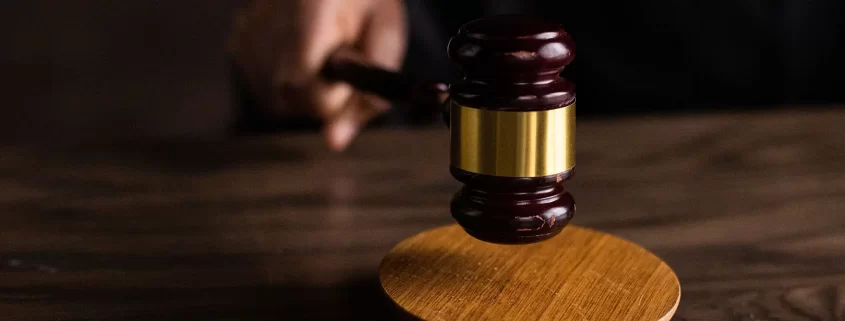Pardon Me, But That Never Happened
Every year, the Governor of Pennsylvania receives hundreds of pardon recommendations from his pardon board. Dating back more than two centuries in our Commonwealth, a pardon is the mechanism by which an offender is freed from the burdens of a criminal conviction. When a pardon application is granted, notice of executive clemency is sent to both the Pennsylvania State Police and the Federal Bureau of Investigation. The pardon erases the prior finding of guilt and exempts the individual from any further punishment relative to that conviction. The offender is legally held out as innocent of the underlying offense no differently than had a non-guilty verdict been the original result. This does not mean, however, that the record of the original conviction is completely erased.
Of course, pardons are not always granted. The pardon board in Pennsylvania has wide discretion in its recommendations to the Governor, and no one can overturn the Governor’s decision on pardons. His decision on granting or denying pardon may be influenced by policy, politics, personal views, the facts of your case, the distractions facing the Governor at any time, how much he trusts his pardon board, and much more.
In the recent past, it was the case that unless a pardon recipient filed a petition for expungement following the issuance of a pardon, their criminal history record(s) could still appear on the Unified Judicial System of Pennsylvania’s Web Portal. Then, on October 29, 2020, Governor Wolf signed House Bill 440 into law as Act 83 of 2020. This Act automatically seals the criminal history records of pardoned offenses from the UJS Portal. This might sound like the record is made completely inaccessible, but that is not the case. Sealing the record only removes it from public view. While this greatly limits its access, the record still remains available for access via court order. This means that the offense which was erased and is considered never to have been committed can be quasi-resurrected and held against the offender. That is why expungement of the record remains paramount.
While sealing the record substantially hides it, the record still exists. Expungement, on the other hand, erases the record completely. The result is as if the record truly never existed. In order for a pardoned offender to request an expungement of the relevant criminal record, the individual must file a Petition for Expungement with the Court. Once granted, the Court’s order granting the petition is sent to the governing legal authorities to expunge the record in its entirety. Ultimately, this is the result a pardon should bring.
Unfortunately, the process is not automatic. You’ll need an attorney who can help you through the pardon and expungement process, and working with an attorney to craft your petition can help you avoid mistakes and pitfalls along the way.
If you need a pardon, or if you have received a pardon from a prior conviction and would like the record expunged, the attorneys at Cornerstone Law can help. Contact our office to schedule your consultation today.


